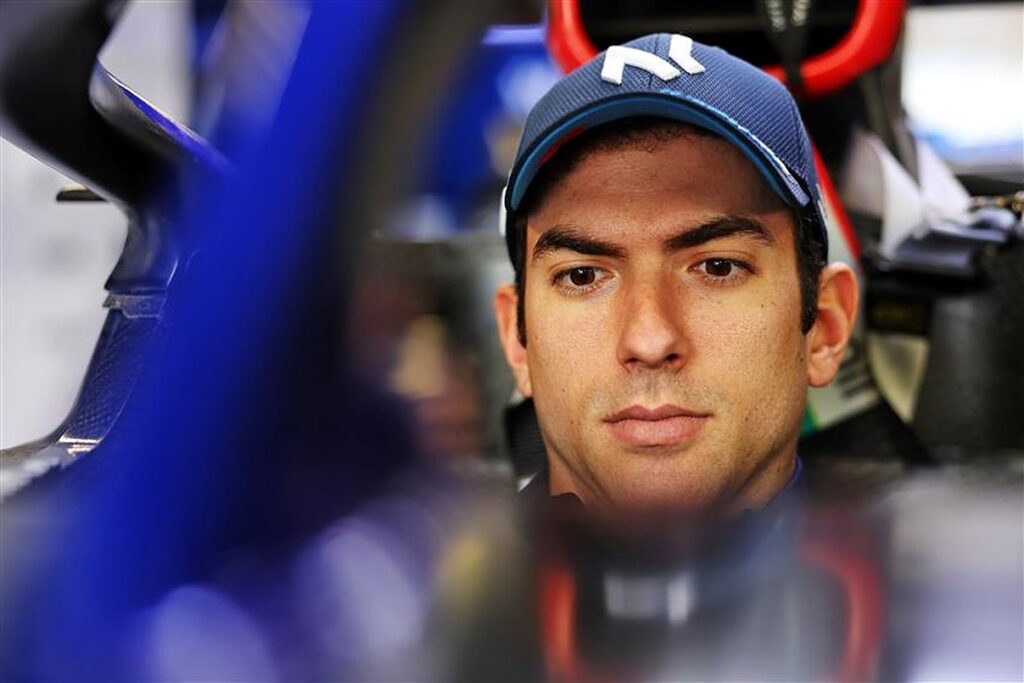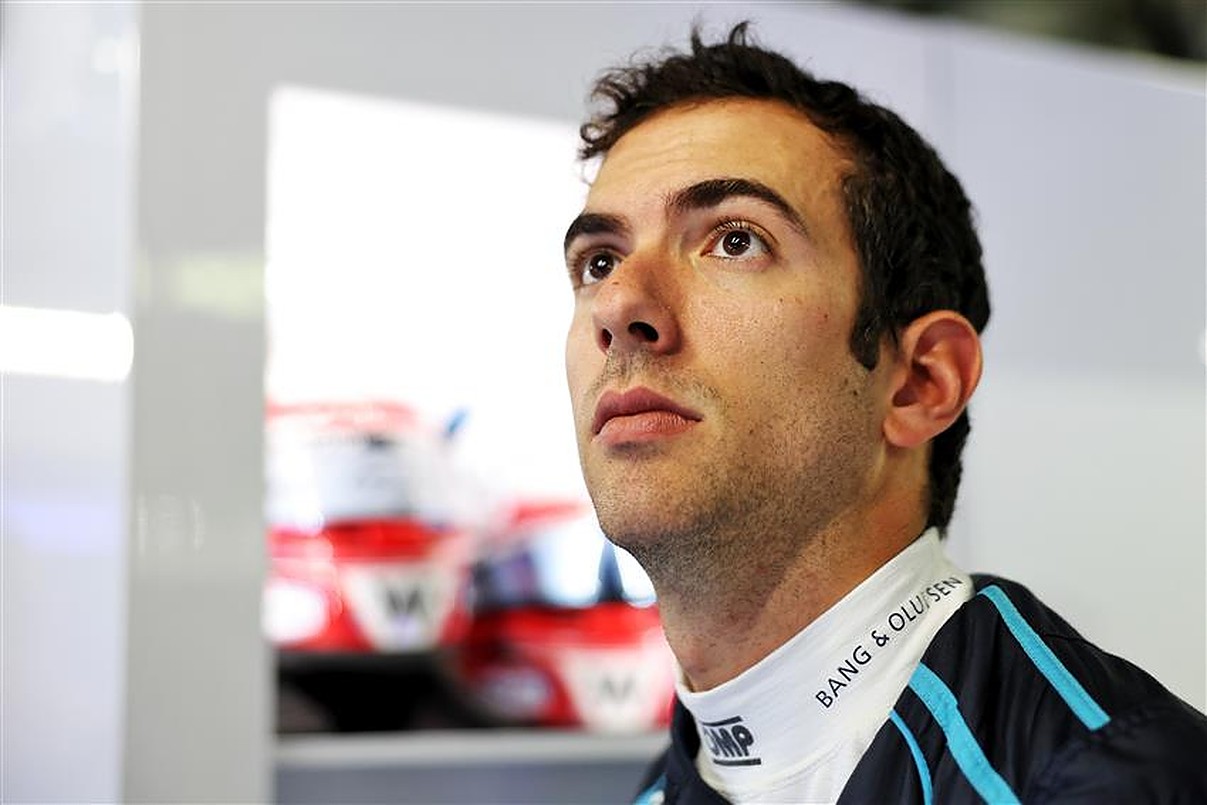Nicholas Latifi’s three-year spell in Formula 1 has certainly been an eventful one, with the Canadian having shown promise at times but not consistently enough to secure him a seat for 2023.
Whilst 2020 was very much a year of learning for Latifi at Williams, the Canadian improved dramatically in 2021.
He quickly became recognised as a very strong driver in the wet, something he proved again this season at the Japanese Grand Prix.
His points finish at the 2021 Hungarian Grand Prix, though, is perhaps his best F1 performance from his short career at the pinnacle of motorsport, as the 27-year-old claimed a superb P7 at the Hungaroring.

READ: Daniel Ricciardo suggests surprising reason for McLaren failure
Crashing at the 2021 season finale, though, does look like the point where Latifi changed as a driver, with his crash at the Yas Marina Circuit having caused ‘that’ dramatic late Safety Car.
Following the finale, Latifi was subjected to horrific online abuse and death threats, which understandably affected his confidence.
Latifi openly admits that he hasn’t got a seat next season due to his confidence, something that he “really needed”.
“I just couldn’t find the confidence that was really needed,” Latifi said.
“And the car was the slowest on the grid, so that’s one thing. But I never really felt comfortable pushing the car to its limits, which was also the case in previous years.
“So that’s also a bit of a Williams trait for how the car has been.”
Another issue for Latifi over the last two years at least, is that Alex Albon and George Russell both managed considerably better results the vast majority of the time, with Russell especially having been somewhat of a Q2 merchant when at the Grove-based team.
Latifi puts this down to his previous team-mates having “struggled less” to adjust to the car’s demands, with the Canadian again highlighting the importance of having “confidence in their car”.
“I think guys like George (Russell) and Alex (Albon) struggled less with that and were able to adapt to it better,” he said.
“I think whether it’s karts, entry-level formula cars or sedans, a driver always wants to have confidence in their car but it becomes much more important the closer you get to Formula 1.
“Obviously with the amount of horsepower we have and the amount of downforce these cars generate, if you don’t trust what the car beneath you is doing, you can’t predict what it’s going to do.”
Whilst he has been very open about where things went wrong for him, Latifi does think one of his strengths from his F1 career was his tyre management ability, but that this season was a “different story”.
READ: ‘It’s not exaggerated’: Pirelli boss gives verdict on regulations shake-up
“The feeling of handling tyres is one of my strengths,” he said.
“I generally feel like I can be consistent, go to the limit of the tyre but not too much.
“This year it was a bit different because sometimes I was quite behind in race pace, but that’s a different story.”

